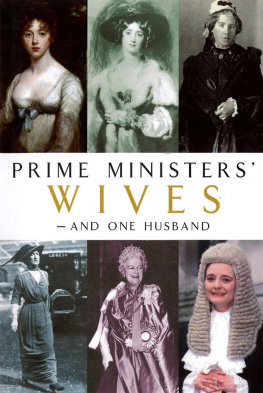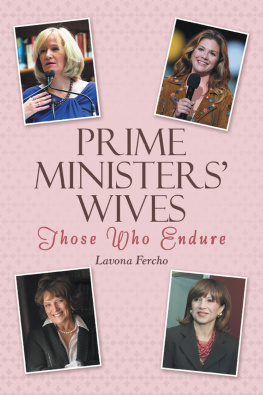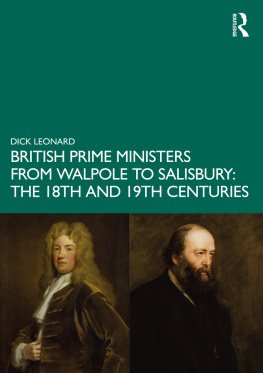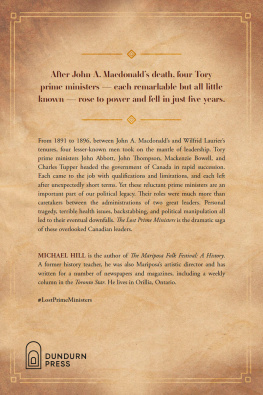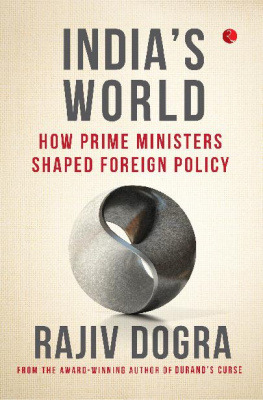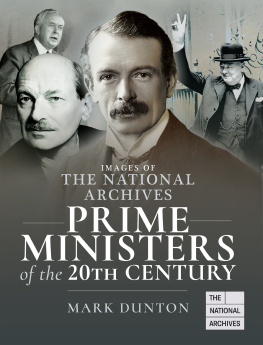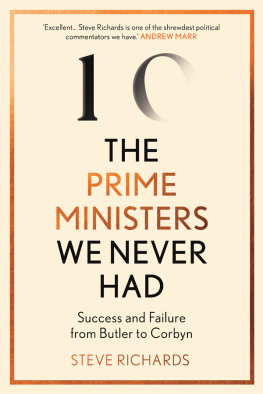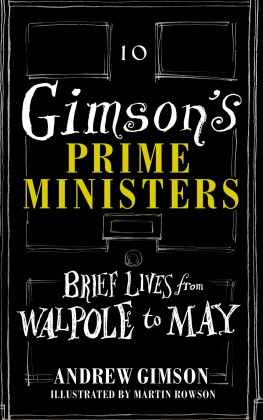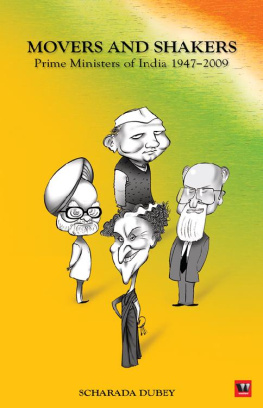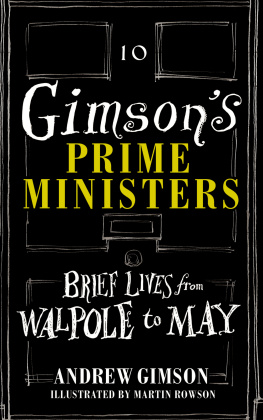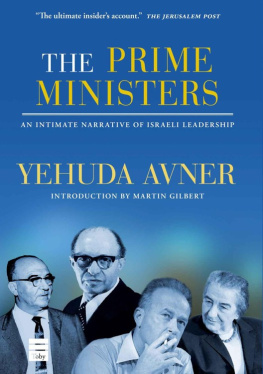INTRODUCTION
Few, we take it, would deny the influence that women, through the ages, have wielded in political life. Kings and potentates, Ministers of State and priests, have been guided by their counsels. Although such influence was indirect, it was nevertheless powerful, and produced both good and bad results. The published and unpublished diaries and letters of women of high position in the nineteenth century show their deep interest in political matters and their large knowledge of affairs from the inside. That knowledge was, of course, obtained from the communications of the men who were their relatives and friends, but the method of using it was determined by the woman herself. Doubtless the gain and loss of such influence neutralised each other. Whether, when women come to exercise direct influence through the vote, the gain will preponderate, remains to be proved.
Throughout the nineteenth century those women who were the wives of Ministers of State, or in other ways closely connected with them, could be counted on at elections to give as canvassers the most important and valuable assistance, and their help was often instrumental in securing their friends return. Sometimes they even acted as the party whips. In 1805 Charles James Fox wrote from the House of Commons to the Duchess of Devonshire: Pray speak to everybody you can to come down or we shall be lost on the Slave Trade. Pray, pray, send anybody you see. Members of Parliament on their way home from the House would call on their lady friends to give the result of the debates and divisions, and if these had already gone upstairs to bed, would send up a written statement by the servant. Lady Holland, as is well known, aspired to exercise great influence on politics. Holland House was the headquarters of the Whig party. During the progress of the Reform Bill, Cabinet Ministers constantly dined with her and openly discussed the political situation during the meal. It is said that in 1828 she asked Lord John Russell to make her husband Foreign Secretary. Why, they say, maam, replied Lord John, that you open all Lord Hollands letters, and the foreign Ministers might not like that. Her diary is stuffed full of politics, and it is clear that she was in the confidence of all the men of her party in high office. It may be worth while to record here the impression that the interest in politics of highly placed English ladies made on a German lady of similar position. Gabriele von Blow, the daughter of Wilhelm von Humboldt and the wife of the German ambassador to England, wrote to her sister in 1833: The other day I was nearly frantic when the Marchioness of Salisbury said she did not in the least care whether the sun was shining or not; it was of far greater importance whether the Parliamentary sun was shining on the Whigs or the Tories!
Every one cannot be a Lady Holland, but it is not only the women who are most in the public eye who exercise influence on affairs and on the actions of public men. Sometimes where it may seem, to an outside observer, that a woman is overshadowed by her husband, she may, as a matter of fact, have helped more to his success than the world will ever know. Nor is it necessarily the women of the highest intellectual endowments who possess the finest judgment and the best insight into the rightness and wrongness of actions. When a woman possesses such gifts by nature, they form an invaluable aid to all who in her circle seek her counsel.
The Prime Ministers of England in the nineteenth and twentieth centuries have, with the exception of Lord Melbourne,and his wife died before he became Prime Minister,been fortunate in their wives. They married women who, often beautiful, and always intelligent, devoted themselves to furthering both the political interests and the domestic happiness of their husbands. Their influence on public affairs varied in degree and kind, for their rle was passive rather than active, and personality was their main asset. Now personality is an elusive thing and can never be absolutely reconstructed. Living witnesses can help us somewhat to form a mental picture that now and then gets near the truth; but to paint a portrait without the aid of such evidence, and without that of the written word in the form of diaries or letters, is no easy task. In the case of the wife of a great man it is rendered yet more difficult by the fact that in the care taken to preserve everything relating to his reputation, little survives about the wife whose career is naturally merged in that of her husband.
Most of the husbands of the women whose lives are sketched in this volume were men who would have been socially important if they had never entered politics or become Ministers of State. Some of them were peers of the realm, and members of great families like the Russells, Stanleys, Gordons, and Cecils. With the exception of Disraeli, they all had their roots deep in English soil. They were men of culture for the most part, and often had literary and artistic ability and tastes. Politics and Society were closely bound together in the nineteenth century, especially during the earlier part of it; it was not only at the dinner-tables and in the drawing-rooms of Ministers that political topics held the lions share in the conversation. Public life was less of a trade or profession than it has since become, and the interest of the general family circle in the fate of a Bill, or in the doings of the House, was strong and intense. Disraelis novels afford an admirable picture of the social side of the political life of his time.
As the memoir of Mrs. Gladstone in this volume amply proves, a wifes influence can keep her husband in power when he himself would be glad to relinquish it; and it has been said over and over again, by those in a position to judge, that had Lady Rosebery lived, Lord Roseberys political career would have been very different. In every case in which we have the published letters of the husbands to the wives here commemorated, and wherever also we have been privileged to see unpublished letters of the kind, we realise how the wife was the confidante of all details concerning the high matters of State in which the husband was interested. The memoir of Lady Palmerston well brings out the important use a clever woman could make of such information, and it is quite certain that outside the Cabinet and the great Government Departments no one knew more about what was going on in the world than the wives of the Prime Ministers. A looker-on can see more of the game than one actively engaged in it, and a statesmans wife in the Victorian age was sufficiently removed from the excitement of the arena to be able to bring calm and reasoned judgment to bear on the issues involved.



